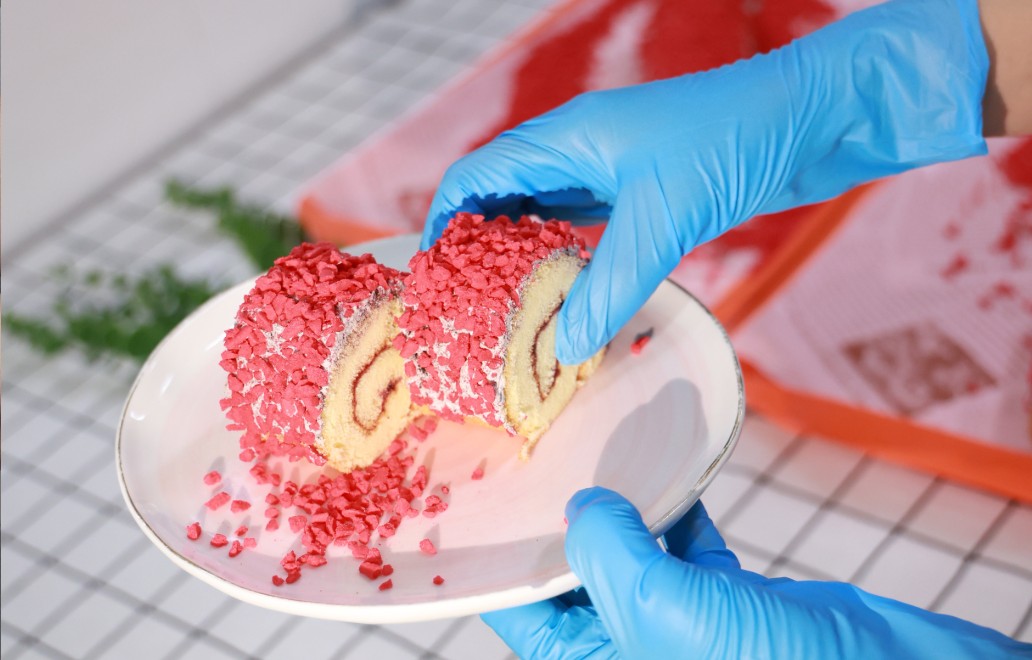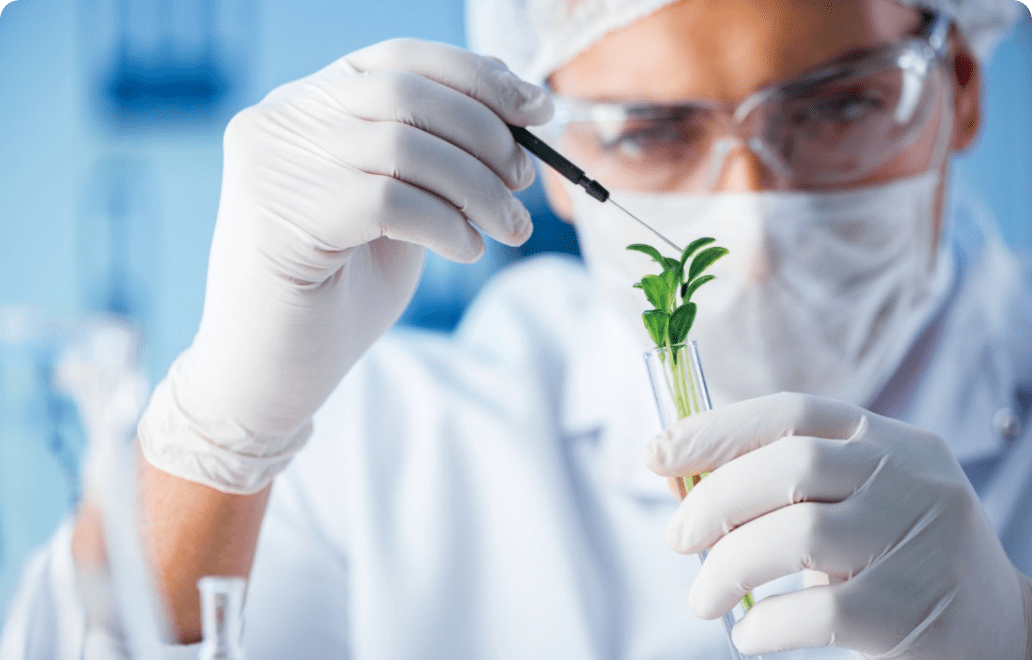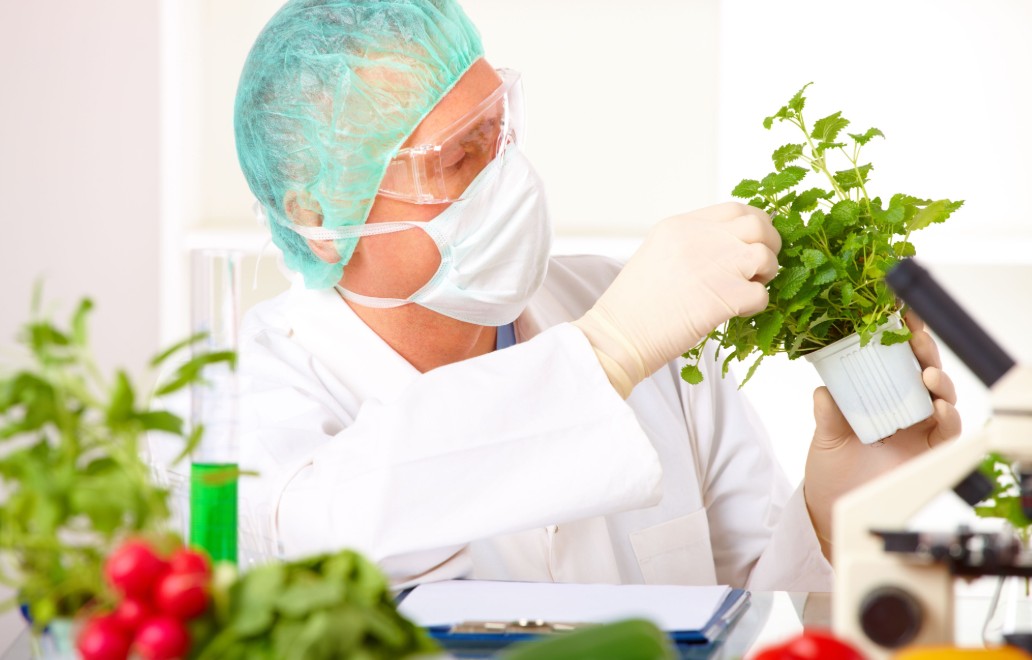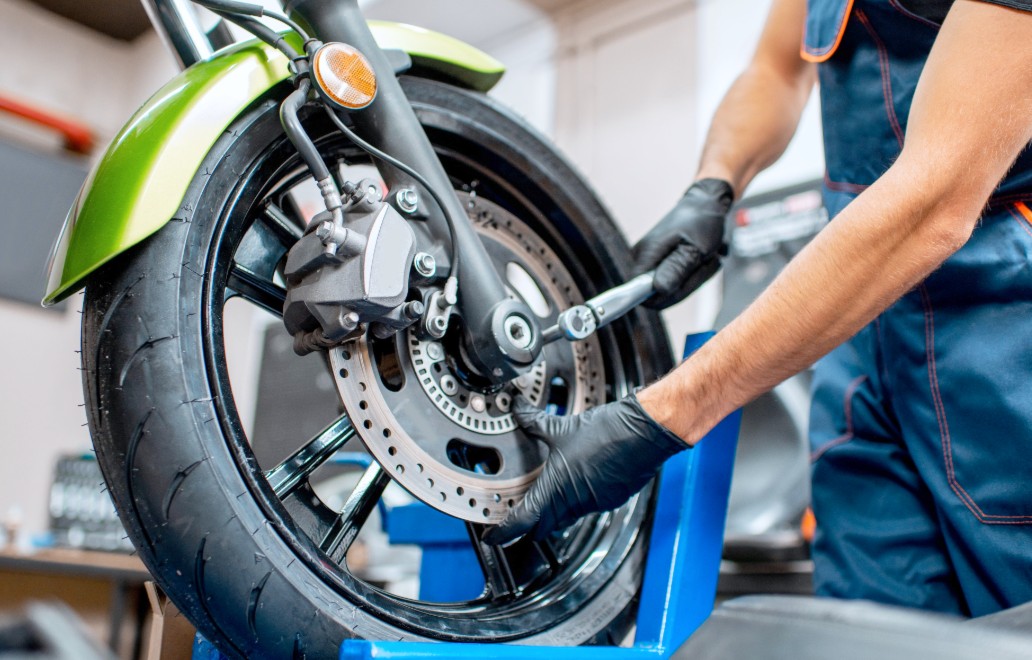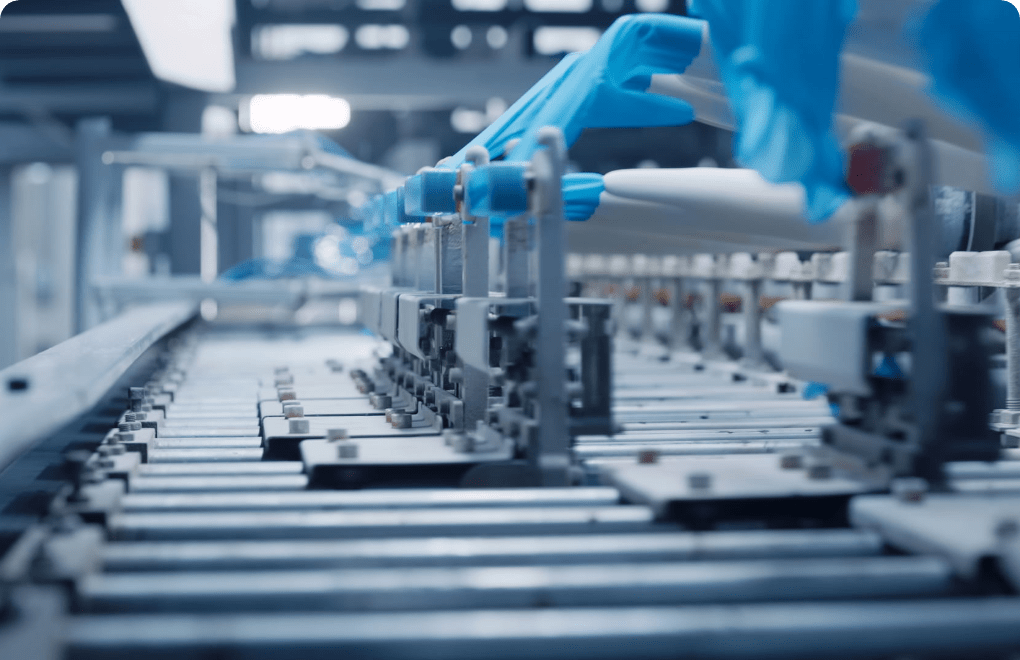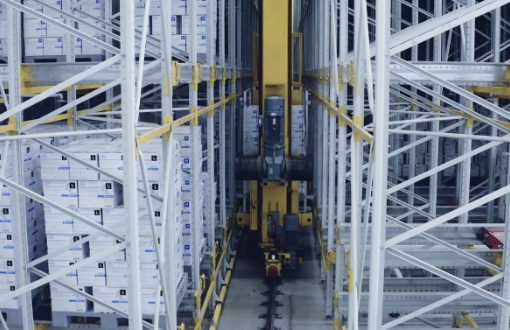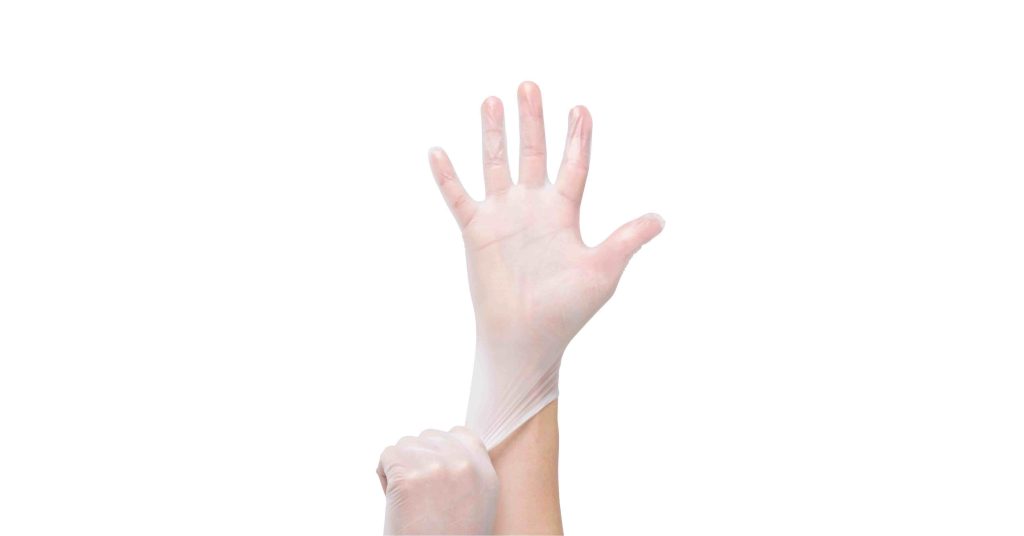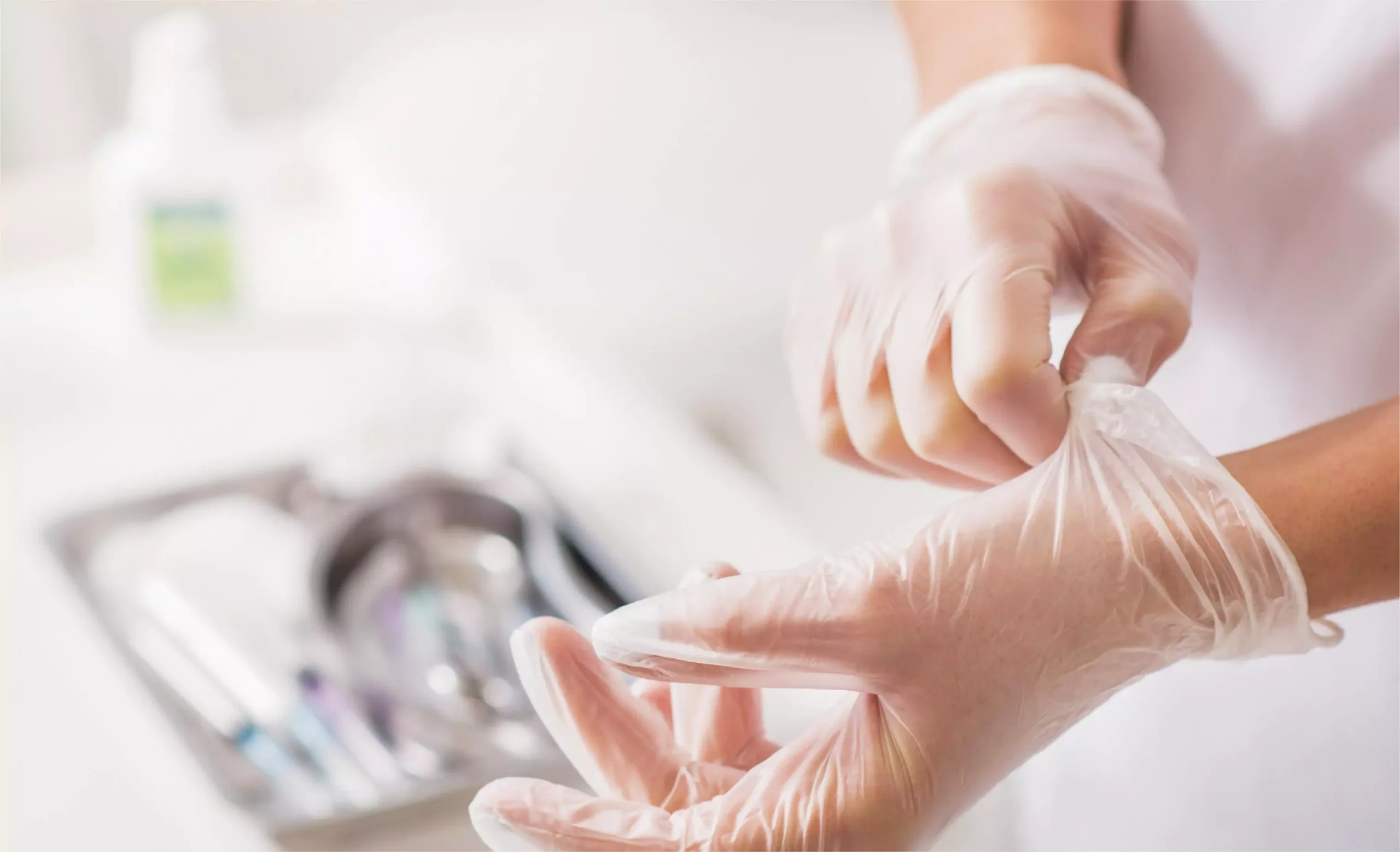Glove products
Are Vinyl Gloves Safe for Food Handling? Essential Facts to Know
The food industry requires strict standards to prevent contamination for ensuring consumer’s safety. Personal protective equipment, such as gloves, face masks, face shields, etc, play a critical role in maintaining these standards. Among the various types of gloves, vinyl gloves are particularly common. But are vinyl gloves safe for food handling? Let’s explore their benefits, regulatory standards, and best practices to find out.
Understanding Vinyl Gloves
What are Vinyl Gloves?
Vinyl gloves are a type of disposable glove made from synthetic PVC (polyvinyl chloride) resin. Unlike latex gloves, they are an excellent alternative for those with latex allergies. Vinyl gloves are commonly used in various settings, including healthcare, janitorial services, and, of course, the food industry. Their synthetic nature makes them a versatile choice for those in need of a reliable yet affordable option for hand protection.
Composition of Vinyl Gloves
Vinyl gloves are crafted from PVC, which is a polymer formed through the polymerization of vinyl chloride monomers. These monomers are then processed with plasticizers, which increase the flexibility of the gloves. This composition results in a durable and pliable glove suitable for multiple tasks. They are generally clear or translucent, making it easy to detect any contaminants on the glove itself.
Types of Vinyl Gloves
There are different types of vinyl gloves based on their intended use and level of protection. The most common variants include powdered and powder-free gloves. Powdered vinyl gloves contain cornstarch, which makes them easier to don but can introduce residues into food. Powder-free gloves, on the other hand, go through an extra chlorination process, making them suitable for food handling.
Benefits of Using Vinyl Gloves in Food Handling
Durability and Strength
One of the key advantages of vinyl gloves is their durability and strength. While they may not be as robust as nitrile gloves, vinyl gloves offer sufficient tear and puncture resistance for most food handling tasks. This ensures a level of safety and protection from contaminants when preparing or handling food. Vinyl gloves also resist oils and fats better than many other types of disposable gloves, making them ideal for handling greasy or oily foods.
Cost-Effectiveness
Vinyl gloves are known for their cost-effectiveness. They are usually cheaper than nitrile or latex gloves, making them an economically viable option for businesses that require frequent glove changes. This affordability does not significantly compromise the utility or effectiveness of the gloves, making them a popular choice for budget-conscious establishments looking to maintain high hygiene standards.
Ease of Use
Another commendable feature of vinyl gloves is their ease of use. They are easy to put on and take off, which is crucial in fast-paced environments like commercial kitchens. This ease of donning and doffing helps in minimizing interruption during work and ensures that employees can change gloves as required without much hassle. Furthermore, their ambidextrous design means that the right and left gloves are identical, reducing confusion and speeding up the process.
The Intco Solution: Quality and Reliability
For those seeking top-tier vinyl gloves, Intco offers high-quality alternatives designed with both safety and comfort in mind. Intco‘s vinyl gloves are manufactured to meet stringent standards, ensuring durability, flexibility, and resilience in various food handling scenarios. By choosing Intco, businesses can trust they are providing their staff with reliable protection while maintaining compliance with health and safety guidelines.Intco’s gloves comply with regulatory guidelines and standards form different countries.
Best Practices for Food Safety Compliance
Adhering to regulatory guidelines is critical for businesses operating in the food industry. Best practices for food safety compliance include proper training of staff in the correct use of gloves, regular monitoring of glove quality, and maintaining records of compliance with regulations. Businesses should also consider conducting periodic audits to ensure that all employees are following the prescribed guidelines and that the gloves being used are up to standard.
Best Uses for Vinyl Gloves in the Food Industry
Appropriate Situations for Using Vinyl Gloves
Vinyl gloves are suitable for a variety of food handling situations. They are an excellent choice for demands that require frequent glove changes, such as food preparation and service. Food service workers can use vinyl gloves when handling ready-to-eat foods, such as salads, fruits, and sandwiches, where the risk of contamination must be minimized. Vinyl gloves are also appropriate for demands involving non-greasy and low-risk foods.
Limitations and Considerations
Despite their benefits, vinyl gloves have some limitations. They are not as puncture-resistant as nitrile or latex gloves, which may make them less suitable for demands that involve sharp objects or rigorous activities. Additionally, they offer limited protection against certain chemicals and high temperatures. It is crucial to assess the specific needs of the task and choose the appropriate glove material accordingly. The users should also be aware of the potential for allergic reactions to the plasticizers used in vinyl gloves.
Practical Tips for Selecting and Using Vinyl Gloves in Food Handling
Selecting Quality Vinyl Gloves
When selecting vinyl gloves for food handling, it is essential to choose high-quality products that meet regulatory standards. Look for gloves that are labeled as food-safe and comply with FDA or EU regulations. Additionally, consider the thickness and durability of the gloves to ensure they provide adequate protection without compromising dexterity. Opting for reputable brands, such as Intco, can help ensure that you are using reliable and safe gloves.
Proper Usage Techniques
Glove Changing Best Practices
The 2013 Food Code, section 3-301.11 states:“Except when washing fruits and vegetables, food employees may not contact exposed ready to eat food with their bare hands and shall use suitable utensils such as deli tissue, spatulas, tongs, single use gloves, or dispensing equipment”.
Ready-to-eat food means food that is in a form that is edible without additional preparation to achieve food safety.
Vinyl gloves are just that- made for a single use. The longer gloves are worn, the more likely their effectiveness as a barrier will deteriorate. Employees should ideally replace their gloves every two hours at minimum to guard against possible unseen punctures. Always change gloves if the gloves are ripped, torn, contaminated, or if you are changing to a different food task.
Disposing of Used Gloves Correctly
Proper disposal of used gloves is essential to prevent contamination and ensure a safe environment. Used gloves should be disposed of in designated waste bins and not left on surfaces or thrown in regular trash cans. Businesses should provide adequate disposal facilities and educate staff on the importance of correct glove disposal. Additionally, implementing a glove recycling program can further enhance sustainability efforts.









